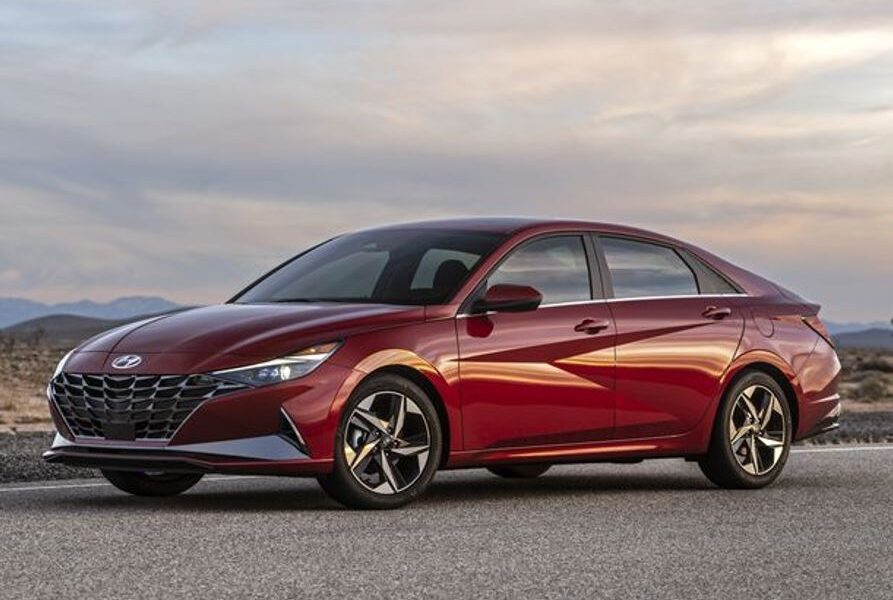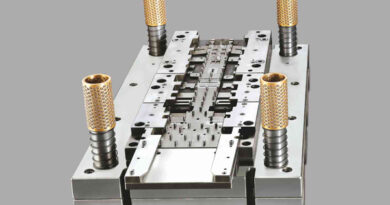Can You Build a Hyundai? A Starter Guide

When you get a Hyundai, you get a sleek and economical ride. You need to keep your car in top operating condition to keep that promise. You might need parts to make repairs if you own a Hyundai.
Building a Hyundai is an option. Hyundai has enjoyed great success in the United States. Still, only some know how to build a Hyundai.
What do you need to know to start your Hyundai? This guide will help you create your own by telling you everything you need to know. That way, you can build your own Hyundai.
Choose the Model of the Base Vehicle
Start with a donor Hyundai vehicle as the foundation for your project. Choose a Hyundai model that aligns with your project goals. The base vehicle should meet your size, body style, and overall design needs.
Sometimes, you might use a donor vehicle as a source of parts and components for your project. For example, you are buying a Hyundai in poor condition to extract an engine, transmission, or specific details. This approach can be cost-effective if you’re looking for particular parts but only need part of the vehicle.
Ensure that the base vehicle has a clear title and is legally acquired. Verify that it is not stolen, salvaged, or subject to any liens.
Acquire a Hyundai Vehicle
Make a clear list of the goals of your project. Are you starting from scratch to build a custom Hyundai, changing a current model, or doing maintenance and upgrades? What kind of Hyundai car you should buy will depend on what you want to do.
You can search for Hyundai vehicles for sale in or near Corona, CA, area to find the right one for your project.
Find out if the Hyundai model you’re considering has new parts and upgrades you can buy separately. Ensure you can get to the parts you need to finish your job on time.
Engine and Powertrain Components
If you make a custom Hyundai, you may need to buy an engine, transmission, and other powertrain parts. Hyundai’s cars come with a range of gasoline-powered engines. Choose an engine that meets your needs for speed and fuel economy.
In some markets, Hyundai offers diesel engines known for fuel efficiency and torque. Due to their low-end power, diesel engines are often picked for towing and long-distance driving.
If you want your engine to have more power and run better, you could add turbochargers, superchargers, performance intake systems, or aftermarket exhaust systems.
Suspension and Chassis Components
The way a car handles, how it rides, and how well it runs depends a lot on its suspension and chassis. When you customize or change a Hyundai, upgrading these parts can improve the driving experience.
A lot of Hyundai cars have MacPherson strut suspensions. Each wheel has one hinge, one spring, and one control arm. Upgrades might include stronger springs or coilovers that you can change for better handling.
Adding braces and bracing parts to the chassis strengthens the vehicle’s structure, lowering chassis flex for better handling.
Braking System
A vehicle’s braking system is one of its most critical safety components, and when upgrading or modifying a Hyundai, improving the braking system can enhance stopping power, fade resistance, and overall safety.
Upgrading the brake pads, rotors, and calipers can improve braking performance. Upgraded brake pads can provide enhanced stopping power and reduced brake fade.
Performance rotors may be slotted, drilled, or vented to dissipate heat more effectively and reduce the risk of brake fade under heavy use. High-performance calipers are designed to clamp down on the brake rotors with more force, increasing braking effectiveness.
Replacing stock rubber brake lines with stainless steel lines can improve brake pedal feel by reducing flex and expanding under pressure.
Wheels and Tires
The size of the type of wheels you choose should match your Hyundai’s specifications and intended use. Consider the vehicle’s weight, suspension setup, and clearance when selecting wheel size.
Select tires that match the wheel size and fitment while considering your driving needs. Performance-oriented tires offer better grip and handling, while all-season or touring tires prioritize ride comfort and longevity.
The tire’s tread pattern should suit your driving environment. For example, summer tires provide excellent grip in dry conditions but may struggle in wet or snowy weather. All-season tires offer more versatility.
Body Parts and Accessories
Getting body parts for your custom Hyundai build is essential if you want it to look and work how you want it to.
Most body kits include bumpers for the front and back, side skirts, and sometimes a rear spoiler or diffuser. Customizing your car’s hood can make it look better and, in some cases, help the engine cool down better.
Wider fenders or side panels can fit bigger wheels and tires, which makes the car handle better and look better. Rear spoilers and wings not only make your vehicle look better, but they can also help keep it stable at high speeds by creating downforce.
If you want to customize or change your Hyundai, you can get extra bumpers that look different or make it go faster. Some types also have bumpers that you can use off-road.
Side skirts, rocker panels, and back diffusers are all examples of custom or replacement body panels that can improve the look and aerodynamics of your car.
Electrical Components
When you build a Hyundai, one of the most essential electrical parts to consider is upgrading the infotainment system. It includes a touchscreen, Bluetooth, and smartphone integration.
You should also improve the sound quality with aftermarket speakers and amplifiers and make the car safer with alarm systems and immobilizers.
Also, adding LED lights to improve visibility, backup cameras to make the car safer, and custom gauges or digital displays for dashboard aesthetics are all essential electrical upgrades.
Build A Hyundai on Your Own
If you want to build a Hyundai, you can do it with the right resources and knowledge. The steps to building a Hyundai are complex but achievable. Take the time to learn the basics, research equipment, and find a knowledgeable person to answer your questions. Get started on building your own Hyundai today!
Is this article helpful? Keep reading our blog for more.




